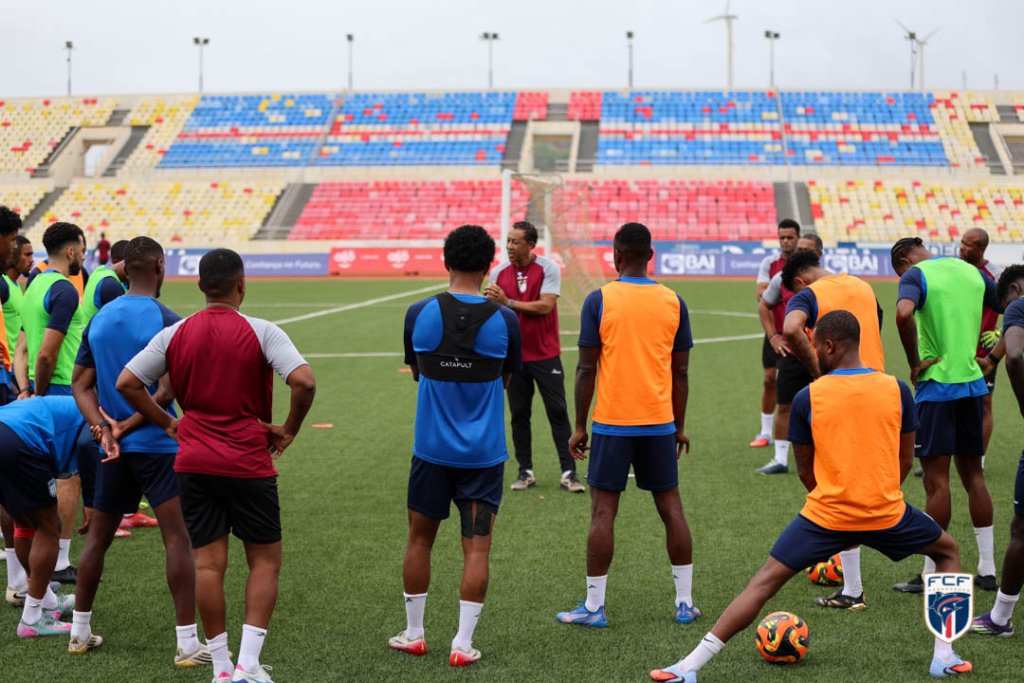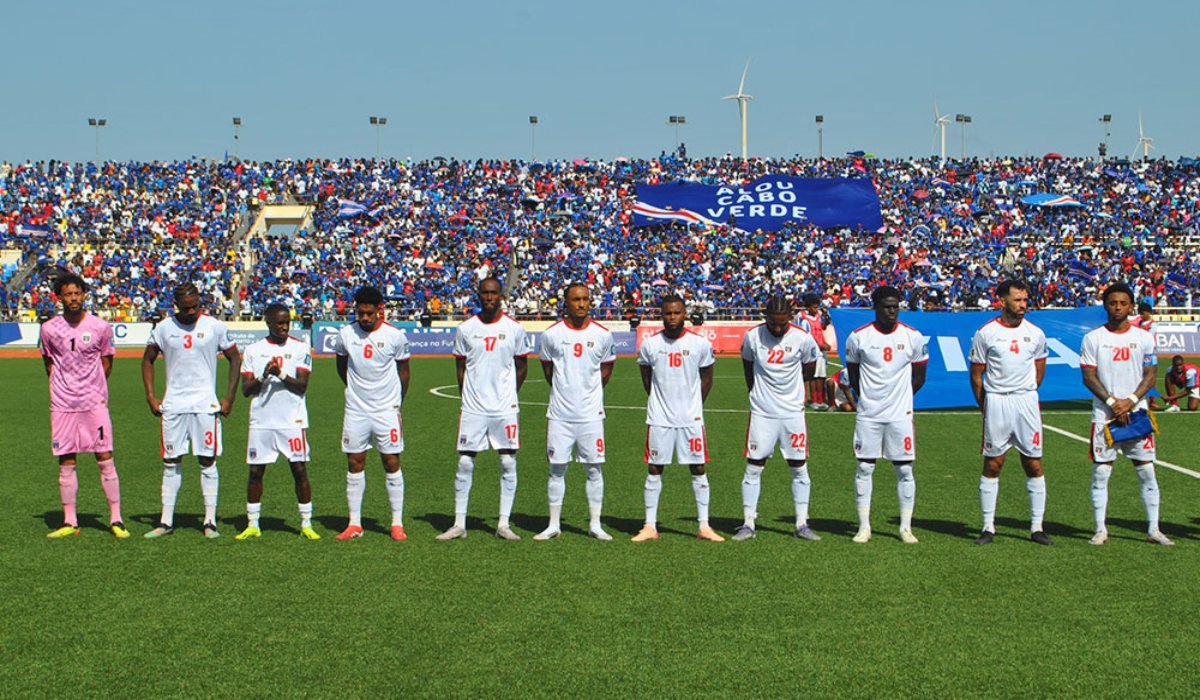Two decades ago, the football fraternity in Africa hardly believed that Cape Verde would one day ensure a berth in the finals of the World Cup. They had barely played any international football, averaging two games a year from 1986, when they joined FIFA, to 1990, when they competed in the World Cup qualifiers for the first time, ranked 182nd in the world.
The revolutionary change came thanks to the Football Association’s initiatives to build up a national team from scratch. Several Talent Identification Programs, launched by the national football federation, were the key drivers that brought the progress. “New strategies around identifying and recruiting talent throughout the large Cape Verdean communities,” said US-based agent Tony Araujo, who was born on the islands and worked closely with the team over decades. Simultaneously, the national football federation’s other effort to find players from the Diaspora around the world paid off. The effect was inspiring. In 2013, Cape Verde qualified for their first Cup of Nations final.
Migrants left in droves for Portugal as well as other destinations, like the USA Eastern Seaboard and the Dutch port of Rotterdam. The squad for this week’s fixtures has six Dutch-born players plus others born in Portugal, France, and Ireland. Shamrock Rovers’ Roberto “Pico” Lopes.
The progress continued. Cape Verde reached the last stages of qualification for the 2014 World Cup in Brazil, but were deducted points for erroneously fielding a suspended player, thereby missing out on the playoffs, where they would also have been two games away from reaching the finals.
In their debut Africa Cup of Nations finals appearance in 2013, Cape Verde reached the quarter-finals, prompting their coach to burst into song at the post-match press conference, and they did so again at the last edition in the Ivory Coast, unlucky to be eliminated on penalties.
The Blue Sharks have also benefited from stability in the dugout, with coach Bubista in charge since January 2020. A former international himself, the 55-year-old has built a compact and well-drilled side with a mean defense, technical midfielders, and gifted forwards who upset Ghana and drew with Egypt during their run at AFCON two years ago.

The national federation kept faith in Bubista despite failing to qualify for this year’s AFCON in Morocco, with the Cape Verdeans finishing bottom of a qualifying group containing Egypt, Botswana and Mauritania.
Now the archipelago’s inhabitants can look forward to the 2026 World Cup draw in Washington DC on 4 December and dream of taking on some of the globe’s top sides next year.
Cape Verde join Morocco, Tunisia, Egypt, Algeria, and Ghana in sealing an African qualifying spot for next year’s finals, with three more nations set to join them.














